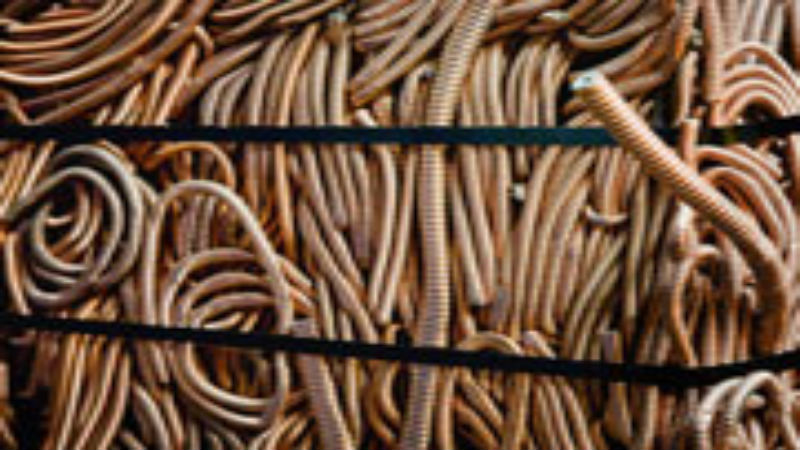Electroplating is the process of depositing a thin layer of metal on the surface of a substrate. In zinc plating, the metal deposit is zinc; the substrate or base metal is commonly steel or iron, but it can also be other ferrous and non-ferrous metals. The intent is simple – to protect the substrate against the corrosive forces of rust.
The Problem of Rust
Rust is a mighty antagonist of almost any metal. Every year, this chemical process costs industries in the United States hundreds of billions of dollars. Transportation, infrastructure, utilities and the government are the most heavily affected. Salt on the roads and a marine environment are particularly hard on vehicles and structures of all types. Rust appears, and corrosion follows.
Battling the Problem
Electroplating can decrease the issue of corrosion. The application of zinc, followed by a black zinc plating is one means of efficiently reducing the problems. Plating using zinc is fairly recent. Although the use of zinc dates back centuries, electroplating substrates with this metal did not gain widespread acceptance until the 1980s. It slowly began to replace cadmium.
Zinc electroplating creates a strong physical barrier between the corrosion factors and the substrate metal. Its anti-galling and corrosion protection qualities are one reason why zinc is currently increasing in popularity – ranking at number 4 of the most frequently consumed metals on the planet. Although zinc plating does not provide superior corrosion protection, compared to cadmium, it is more environmentally friendly and safer to work with. Currently, the most common methods of plating zinc are rack and barrel plating.
Zinc Plating
Zinc is very versatile. It is both decorative and protective. Moreover, zinc plating is an affordable means of providing functional and corrosion resistant parts. Its role as a sacrificial layer helps to increase the longevity and functionality of vehicles, structures, and infrastructures functioning in a harsh environment.
